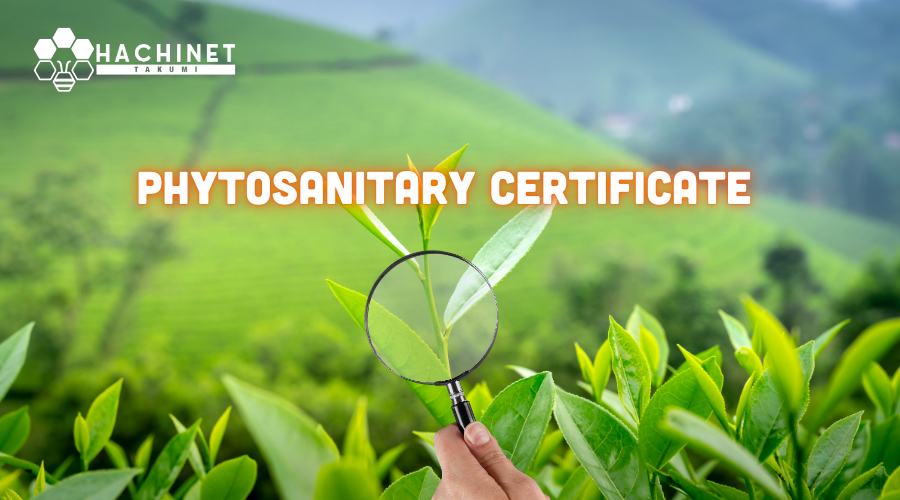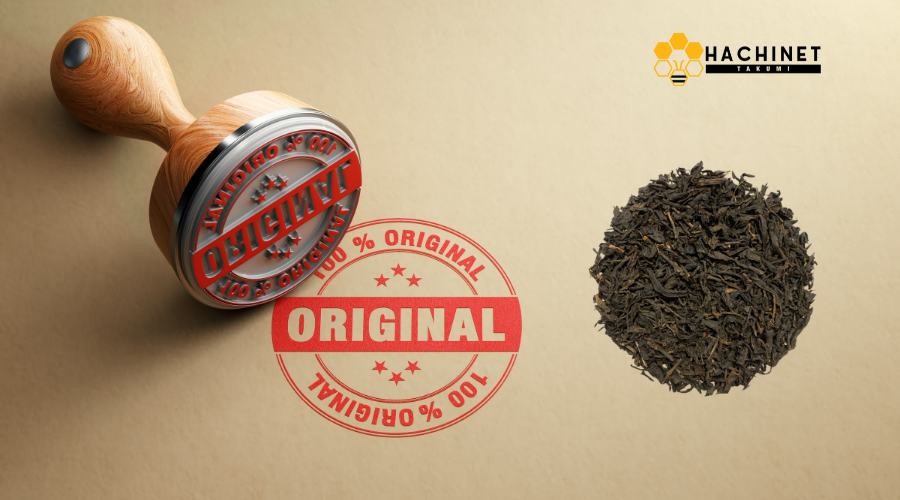The Process of Obtaining a Phytosanitary Certificate for Green Tea Exports from Vietnam

For exporters of agricultural products, ensuring compliance with international standards is crucial. One essential document for exporting green tea is the Phytosanitary Certificate. This certificate verifies that the tea meets the necessary health and safety standards, ensuring it is free from harmful pests and diseases. In this blog post, we will outline the steps involved in obtaining a Phytosanitary Certificate for green tea exports from Vietnam, focusing on the keywords Vietnam Tea Import and Viet Nam Green Tea Export.
1. Understanding the Phytosanitary Certificate
A Phytosanitary Certificate is a document issued by a country's national plant protection organization (NPPO) to certify that a shipment of plants, plant products, or other regulated articles meets the phytosanitary requirements of the importing country. For green tea exports, this certificate ensures that the product is free from pests and diseases that could harm agriculture in the destination country. It is a crucial document for facilitating smooth trade operations and maintaining the integrity of the Viet Nam Green Tea Export market.
2. Preparation for Inspection
Before applying for a Phytosanitary Certificate, exporters must ensure that their green tea products comply with the importing country's phytosanitary regulations. This preparation includes:
- Ensuring Proper Storage: The green tea must be stored in a clean, pest-free environment to prevent contamination.
- Adhering to Quality Standards: The tea must meet the specific quality and health standards required by the destination country.
- Documentation: Exporters should have all necessary documentation, including the commercial invoice, packing list, and bill of lading.
Proper preparation is essential for passing the inspection process and obtaining the certificate.
3. Application for Inspection
Once the green tea is ready for export, the exporter must apply for an inspection with the Vietnam Plant Protection Department (PPD). The application should include detailed information about the shipment, such as the type and quantity of green tea, the destination country, and the expected date of shipment. The PPD will schedule an inspection to verify that the products meet the required phytosanitary standards.
4. Inspection and Sampling
During the inspection, officials from the PPD will examine the green tea shipment to ensure it is free from pests and diseases. This process may involve:
- Visual Inspection: Checking for visible signs of pests or contamination.
- Sampling: Taking samples of the green tea for laboratory analysis to detect any hidden pests or pathogens.
The thorough inspection ensures that the products are safe for export and meet the importing country's requirements, thereby facilitating a smooth Vietnam Tea Import process.
5. Issuance of the Phytosanitary Certificate
If the inspection and analysis confirm that the green tea is free from pests and diseases, the PPD will issue a Phytosanitary Certificate. This document certifies that the shipment meets the phytosanitary requirements of the importing country. It includes essential details such as the scientific name of the plant, the nature and quantity of the shipment, and the findings of the inspection.
6. Compliance and Export
The Phytosanitary Certificate must accompany the green tea shipment and be presented to the customs authorities in the importing country. It serves as proof that the product is safe and compliant with international phytosanitary standards. This certification is vital for the smooth clearance of goods and helps maintain the reputation of Vietnamese green tea in the global market.
Obtaining a Phytosanitary Certificate is a critical step in the export process for green tea from Vietnam. It ensures that the products meet international health and safety standards, protecting both the importing country's agriculture and the reputation of Vietnamese tea exporters. For businesses involved in Viet Nam Green Tea Export and Vietnam Tea Import, understanding and complying with the phytosanitary certification process is essential for successful international trade. By adhering to these standards, exporters can ensure that their high-quality green tea reaches global markets safely and efficiently.







